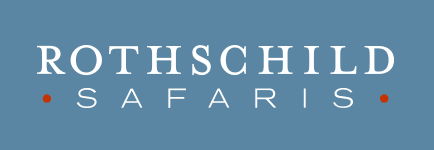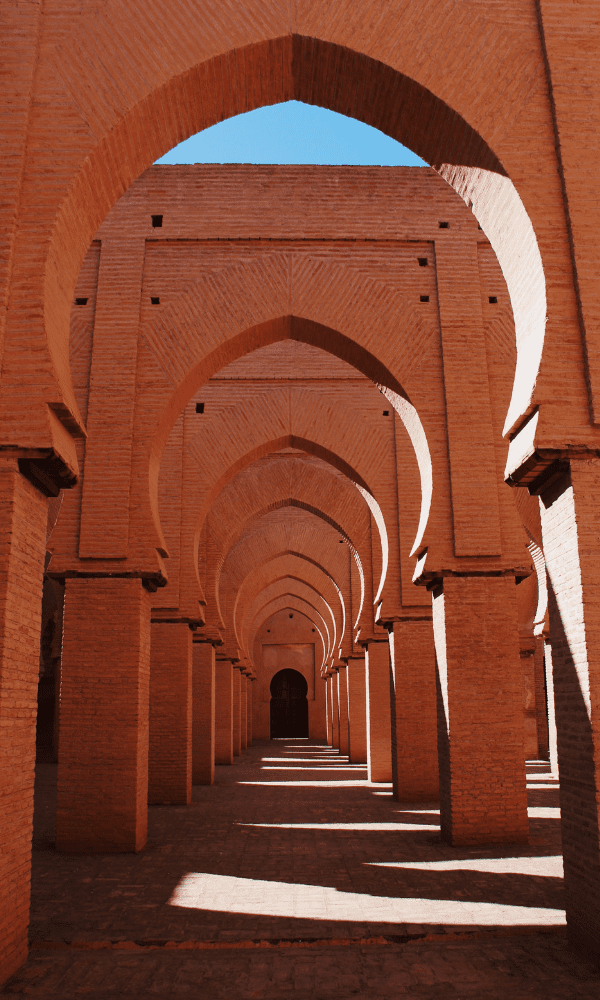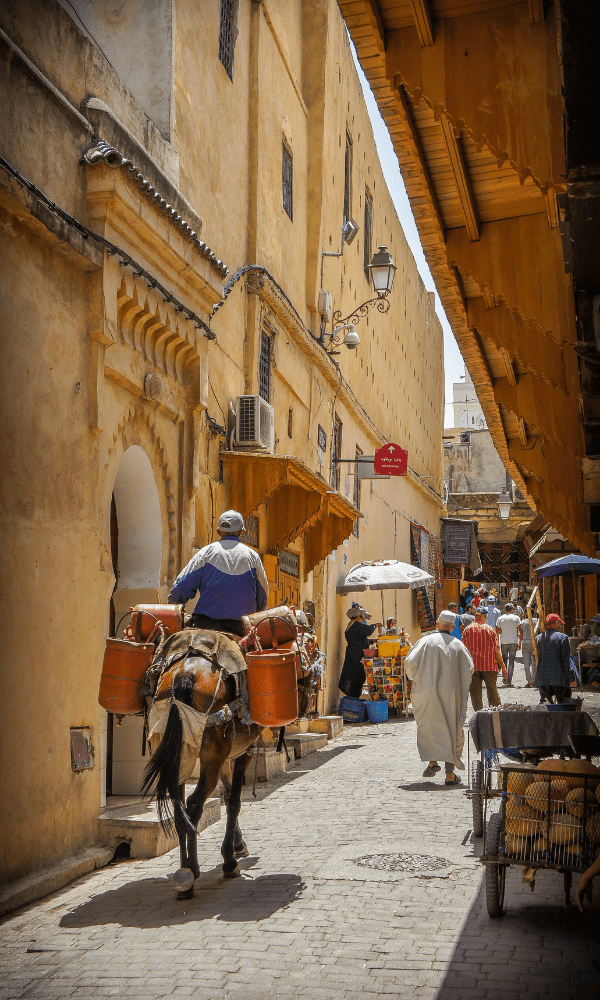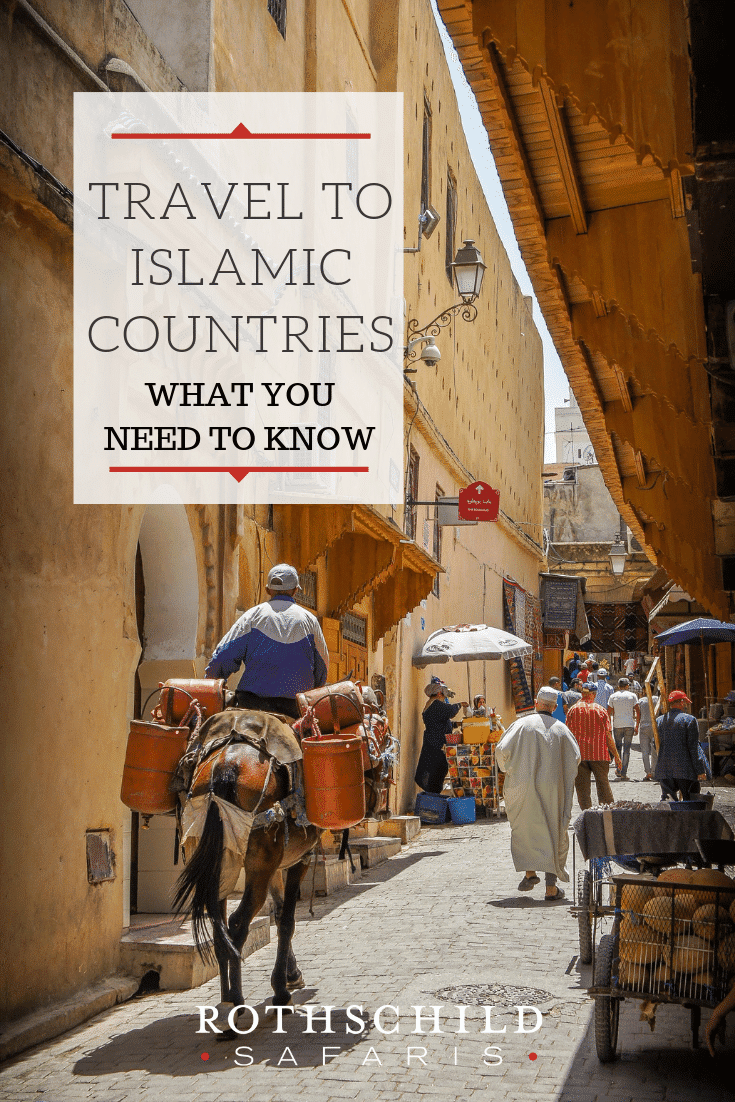 Most people simply go on vacation.
Most people simply go on vacation.
We think Rothschild Safaris guests (and readers) are interested in something a little more captivating and a lot more satisfying.
Because Rothschild Safaris is unlike other Travel Operators. We guide travelers to those places on the map that used to state: Beyond here there be dragons. We are also unlike other Safari Operators. We choose to work only with Travel Designers who have strong links to, and extraordinary knowledge about the countries they represent. And, as the earth only has a finite number of true specialists, Rothschild Safaris will always be a boutique company.
In a world where everyone wants to grow bigger, you might wonder why a company will insist on only growing better. There simply is no compromise when it comes to the amount of knowledge we expect you to have access to when you plan a trip that will cost you time and money.
The Maldives and Morocco are wonderful examples of the extent to which we will research and investigate a destination. And how a true and deep understanding of every aspect of a country can improve your stay.
The Maldives
It is difficult to imagine a place with a more storied origin. Today the culture, traditions, and customs of the Maldive Islands are still reminiscent of multiple facets of Indian, Sri Lankan, Malaysian, Arab, Persian, Indonesian and even African culture and influences.
The very first settlers are shrouded in mists of forgotten secrets and it is not until the Sinhala of Sri Lanka arrived and settled down that records began in the Maldives. The official language is Dhivehi (of Indo-Iranian Sanskritic origin) which is related to Sinhalese and other Indian languages. Dhivehi is written in Thaana script from right to left. People of the Maldives are known as Dhivehin – reminiscent of the Indian word ‘deevi’ which means island.
As is often the case, every culture has added the best of its repertoire throughout the 1200 small coral islands of which 200 are inhabited.

 Music
Music
The islands are all alive with the sound of music and feet are dancing everywhere. We find a rhythm that echoes Africa and, in the Bodu Beru (big drum) traditional dance deliver you to the Northern shores of the continent. North Indian styles of Kathak dance (inspired by an abiding love for Bollywood movies) and old Hindi songs intertwine against a backdrop of the Indian banjo or bulbul tarang instrument (literally ‘waves of nightingales’).
Food
And when you sit down to dine the hints of Indian and South African culinary imprints are quickly picked up. The inhabitants of the Maldives consume a lot of spices, including curry, and traditional dishes like Roshi feature coconut milk and fish. Throughout the Maldives, the sea plays a big role in the economy. Freshly caught fish is regularly brought home and cooked for dinner. Arab, Indian and Sri Lankan styles of cooking can be observed. As befits an Islamic country alcohol is prohibited but the local tipple known as ‘raa’ is freely enjoyed.
Religion & Celebrations
Originally Buddhist, after the arrival of Abu Al Barakat (and his Koran), Islam soon became the only religion that was allowed. Mosques abound in the capital of Male. If you want to be a citizen or own land you have to be a Sunni Muslim. Most of the country’s festivals are Islamic in nature with the end of the Islamic holy month of Ramadan or Ramzan and the prophet’s birthday being particularly festive times. They also celebrate National Day on the first day of the third month of the lunar or Islamic calendar and Republic day for the formation of their republic on November 11th.
Never miss another celebration. Download our Festival Calendar here.
Shopping
Add braided mats and jewelry to your handicraft shopping list. Buy a lacquered vase or a small wooden boat – the Maldivians are incredible craftsmen and make intricate wood carvings and lacquer work.
Women
In the Maldives, women play a crucial role in society. Women hold high positions and form a significant part of the workforce. It has been thought that society in the Maldives has matriarchal origins. Women may keep their maiden last name and property is passed on to all sexes.
Etiquette in the Maldives
Shake hands with men but not with women when you meet them.
Only eat with your right hand when you are dining in the company of others.
The people are conservative, and islanders appreciate you taking that into account when you dress.
Non-Muslims are not allowed to enter mosques anywhere in the Maldives (except by special invitation).
In the island resorts, guests can relax (topless bathing is illegal) and normal beachwear applies. Dressing a little more modestly for dining is appreciated.
Alcohol is only available in resorts and pork is not served anywhere.
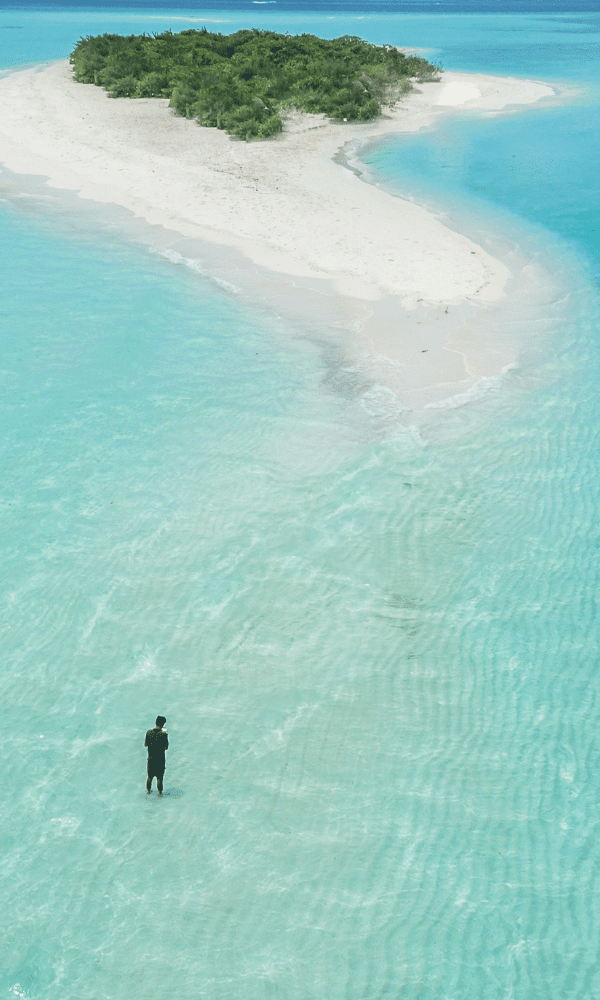
MOROCCO
Morocco has also been a crossroads of culture throughout the years. From the indigenous Amazigh (Berbers) to the Phoenicians and Arabs, the Sub-Saharan Africans and the Romans and Spanish Andalusians.
Modern Morocco identifies as Berber or Arabic. The official language is Arabic.

Music
As one would expect from a country that has hosted many cultures the music styles vary greatly from one region to another. You may hear classical Arab-Andalusian music, Berber folk music, hypnotic Gnawa or socially conscious Rai or the pop sounds of Chaabi.
Food
It is so hard to fault the food in Morocco. Whether you are a vegan or a meat lover they cater to everyone equally deliciously. The cuisine is a mix of Berber, Arabic, Andalusian, and Mediterranean influences with touches of European and sub-Saharan tastes.
Religion & Celebrations
Morocco is 99% Sunni Muslim but religious minorities are widely respected.
Religious festivals are held according to the Muslim calendar and it can add much culture and pleasure to your trip when your time in Morroco overlap with a celebration. The country also has a plethora of music festivals and the International Film Festival of Marrakech attracts filmmakers from around the globe.
Prepare yourself for any festival.
Shopping
In Morocco, the plentiful wares and over-enthusiastic shopkeepers can be overwhelming. Try to curb your enthusiasm for a couple of days and you will quickly teach your eye to understand the difference between inferior products and great finds. Look out for leather items (the tanning method hasn’t altered since the middle ages), argan oil, lanterns (the secret to buying good quality lies in inspecting the metal around the glass), rugs and carpets, pottery, dejllabas (robes) and babouches (slippers).
Women
Gender roles are quite defined in Morocco and the society is traditionally patriarchal.
Women may experience catcalling. In our experience, the best antidote is to learn how to say have respect in Arabic ‘yakun alaihtiram’. You could also call out ‘Shooma!’ ‘Shame on you!’ If you feel uncomfortable, do speak to the closest police officer. Women who dress modestly and do not drink or smoke in public will have fewer problems with men, especially in the rural areas of Morocco.
Etiquette in Morocco
Greet someone with a handshake. Sometimes, if you are meeting someone of the same sex you can add a double kiss (starting on the left cheek). If you are greeting a woman she will extend her hand if she is willing to shake your hand. If she does not extend her hand a bow of your head will suffice.
It is also very common to discuss marital status, children, health and the well-being of your family at your first meeting.
While people in Morocco are warm and friendly they also have strong beliefs and cultural norms.
In rural areas you should cover your arms and from the knees up.
The dress code is more relaxed in Marrakesh, Rabat, and Fez – it is easy to make a decision about what would be appropriate to wear when you take your cue from what the locals are wearing.
Keep public displays of affection to a minimum. Hand holding between members of the same sex is considered platonic and homosexuality between Moroccans is illegal.
All gestures are best made with your right hand.
Do not point with your index finger. If you would like to beckon someone, place your (right) palm downward and sweep towards yourself.
Non-Muslims are not allowed to enter a mosque other than the ancient Almohad structure of Tin Mal in the High Atlas, the Great Mosque at Smara in Western Sahara, the courtyard of the imperial sanctuary mosque of Moulay Ismail in Meknes and the Hassan II Mosque in Casablanca.
You might take a peep into a mosque in the big cities but it will be frowned upon in the country.
Never walk through a graveyard and steer clear of whitewashed koubbas (tombs of the local marabouts or saints) and the monastic zaouias (religious schools and monasteries of the Sufi brotherhood)
Do not eat, drink or chew gum in public during Ramadan.
If you are invited to a local home during your stay keep in mind that women and men will most likely dine separately.
Always remove your shoes and leave them by the door.
Bear gifts such as edibles or flowers.
Never bring alcohol or hot dishes.
When you eat communaly the right hand is preferred. Keep to the triangle of food in front of you and when you are offered more refuse politely first before taking a small second helping.
The Maldives and Morocco do not cover every cultural consideration for traveling to Islamic countries… but we can learn much from these countries that may be applied wherever you travel.
1. Muslim countries are (mostly) welcoming.
2. And the ones that are less friendly do not really make a big secret of their feelings.
3. The distinction between religion and culture can be impossible to divine. Always do your homework and err on the side of caution to ensure your behavior is acceptable and respectful.
4. Modesty or haya is firstly intended to keeping a good public image or name. It is not related to oppression.
5. Women will find a knee-length skirt or loose trousers and a top with sleeves and a modest neckline will work anywhere. Men can get by with sleeved tops and shorts that reach at least their knees.
6. Read about each country before visiting to ensure you understand the attitude and expectations around public affection.
7. Ditto for the consumption of alcohol. Don’t take your drink from the plane to the hotel. Buy drinks in places that have a license and never drink in public.
8. Do not touch a stranger and when you are meeting someone, wait for them to lead behavior. If they extend a hand you can shake it.
9. From the ubiquitous abaya in the Middle East to the colorful maxi dresses in Asia, the cultures can be quite diverse. It is worth remembering that Islam does not require anyone to cover themselves. As such it isn’t always a matter of oppression but might be a choice.
10. Halal or permissible food refers to how the meat is produced – animals are not stunned before they are slaughtered. They also have no pork and no alcohol.
11. While many mosques are not open to anyone who isn’t a practicing Muslim, it is possible to visit some of the world’s most beautiful mosques (the Blue Mosque in Istanbul or the Sheikh Zayed Grand Mosque in Abu Dhabi) but you will have to remove your shoes – you may be supplied with paper shoes for your visit – this protects the carpet that people prostrate themselves on from dirt and ladies must cover their heads with a scarf and have full-length sleeves and long pants/skirts. All mosques are usually off limits during prayer hours. If you are ever in a mosque when someone is praying please do not cross in front of them or disturb their concentration. It is best to speak in hushed tones at any time while in a mosque or any house of worship.
